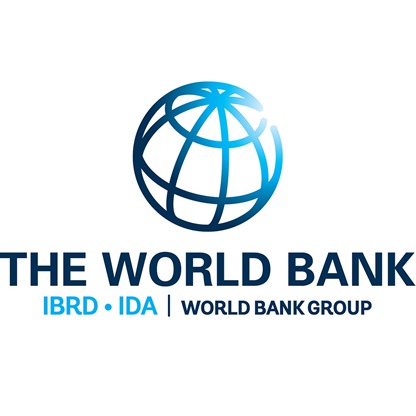With ‘shell-shocked’ poor countries in the region desperately seeking to get over the hurdle of what, in some instances, has been a near complete loss of viable education delivery tools arising out of the ravages of the covid-19 pandemic, the World Bank is now putting on the table possible shorter-term and likely more viable options for setting their feet on a surer path.
“The Fast Track to New Skills, Short-Cycle Higher Education Programs in Latin America and the Caribbean,” is the title of a recently released World Bank report which is advocating what a September 30 Caribbean News Global report describes as “short-cycle higher education programmes (SPC’s) such as technical degrees, tertiary careers and advanced vocational programmes” which the report contends can be “a highly effective tool in times of crisis such as the current COVID-19 pandemic.”
The Bank says that at a time when millions of people across Latin America and the Caribbean “need to acquire the training and skills necessary to urgently join the formal job market………..SCP’s, which are usually two or three-year programs oriented to the labour market, could help boost employment by offering a path to relatively quick and well-paid job opportunities.”
The report is advocating that countries in the region promote the expansion and quality of such programmes in order to benefit a greater number of people and rapidly generate the human capital necessary for economic recovery and growth.
Countries in the region, including Guyana, have seen their conventional education delivery systems – from nursery to university – including vocational training, almost entirely derailed by the onset of the COVID-19 pandemic. Across-the-board national technology and communication infrastructure limitations, difficulties experienced by students in adapting to the virtual teaching/learning regime and various other constraints associated with the ever present menace of the pandemic have thrown education delivery into a tailspin, the consequences of which are likely to be felt well into the future.
The World Bank’s mitigatory recommendations include the expansion and quality of the programmes to which it alludes in its report, a pursuit which it says will benefit a greater number of people and generate rapidly the human capital necessary for economic recovery and growth.
In a comment that coincided with the release of the report Vice President of the World Bank for Latin America and the Caribbean Carlos Felipe Jarmillo is quoted as saying that “short-cycle Higher Education Programs can play an important role in the recovery by helping overcome the employment crisis and preparing individuals for today’s world of work,” adding that “in this context, countries across the region need to promote the transformative potential of SCPs.”
Senior Economist at the World Bank Marta Ferreyra, one of the authors of the Report is quoted as saying that ““short-cycle higher education programs have significant strengths, including an ability to respond fast and flexibly to labour market needs” and that they “also benefit from a fluid relationship with local businesses and often assist students in their job searches.








